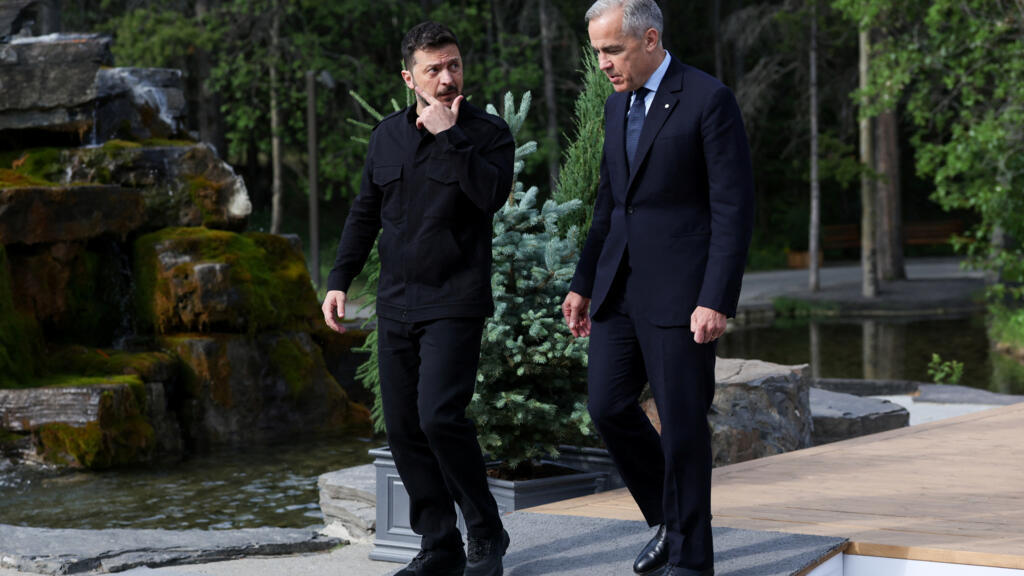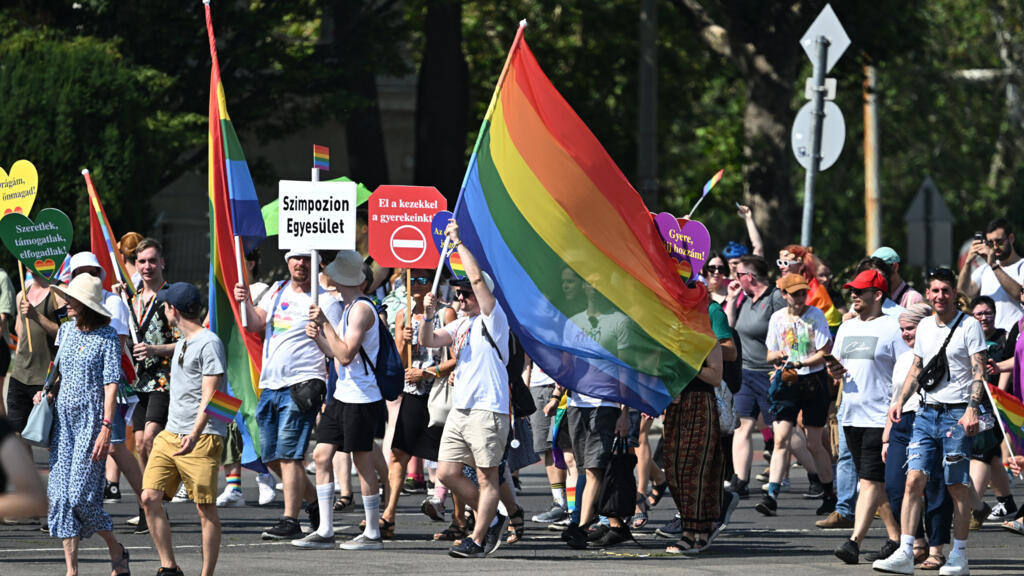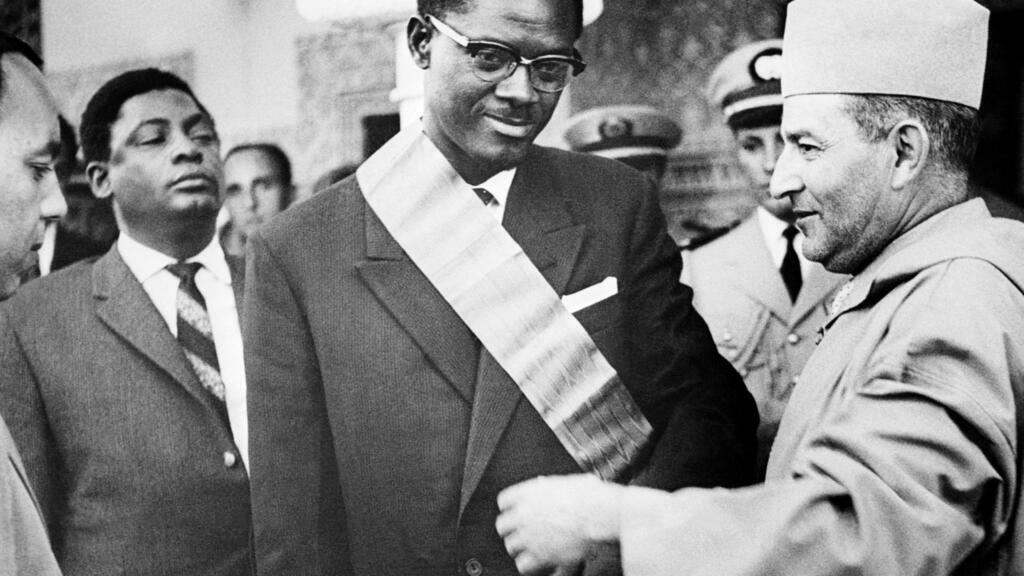G7 Powers Express Support for Ukraine Amid Escalating Attacks
On a recent Tuesday, leaders from the Group of Seven (G7) powers publicly reaffirmed their support for Ukrainian President Volodymyr Zelensky as Russia intensified its military operations in Kyiv. The G7 encompasses the United States, Canada, France, Germany, Italy, Japan, and the United Kingdom, which collectively represent some of the world's largest economies. As tensions rose, the need for a united front became increasingly critical for the G7 leaders.
Despite the solidarity expressed towards Ukraine, the leaders faced challenges in issuing a cohesive joint statement following contentious negotiations. Reports indicated that the United States, under President Joe Biden, attempted to dilute the language that would have signified stronger backing for Ukraine. This effort was met with resistance from other G7 member nations which sought more definitive commitments to support Zelensky's government and counter Russian aggression.
The situation in Ukraine deteriorated rapidly as Russian forces carried out intensified attacks, particularly focusing on the capital, Kyiv. These developments prompted urgent discussions among G7 leaders on the need for coordinated action and continued financial and military support for Ukraine. The persistent threat posed by Russia has raised alarms globally, pushing countries to reassess their foreign policy regarding defense and economic sanctions.
Adding to the complications, President Biden made the decision to leave the G7 summit prematurely, returning to Washington to deal with the unfolding crisis related to the Israel-Iran conflict. His early departure underscored the Biden administration's precarious balancing act in managing multiple international issues simultaneously. The impending challenges in the Middle East necessitated his immediate attention, diverting focus from the critical situation in Ukraine during the summit.
While President Biden's exit may have strained efforts to finalize a joint communiqué, leaders from other G7 nations continued to engage in discussions regarding the framework of support for Ukraine. The need for a unified response was underscored by the ongoing violence and humanitarian concerns arising from the conflict. Negotiations persisted among the countries, with Japan and Canada leading calls for increased sanctions against Russia and stronger military assistance for Ukraine.
Overall, the G7 summit highlighted the evolving geopolitical landscape that is characterized by increasing complexities. The interplay of various global conflicts, particularly the focus on Ukraine and tensions in the Middle East, reflects the multifaceted challenges facing world leaders. The discrepancies in approach among G7 partners not only risk diluting the intended message of solidarity with Ukraine but also demonstrate the hurdles inherent in achieving a unified front.
In conclusion, as the G7 leaders navigate the intricate web of international relations, the overarching goal remains to bolster the defense of Ukraine against Russian aggression. With ongoing military operations in Kyiv and the looming crises elsewhere, the path forward will rely heavily on the G7's ability to present a cohesive response that addresses both the immediate and long-term implications of these issues.












